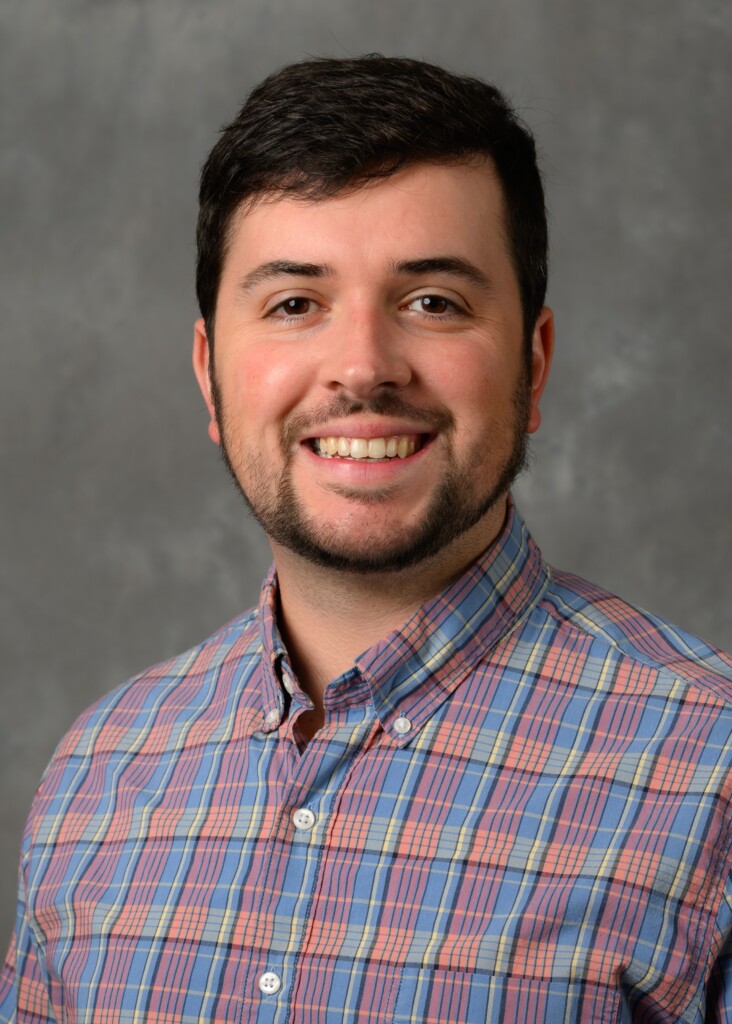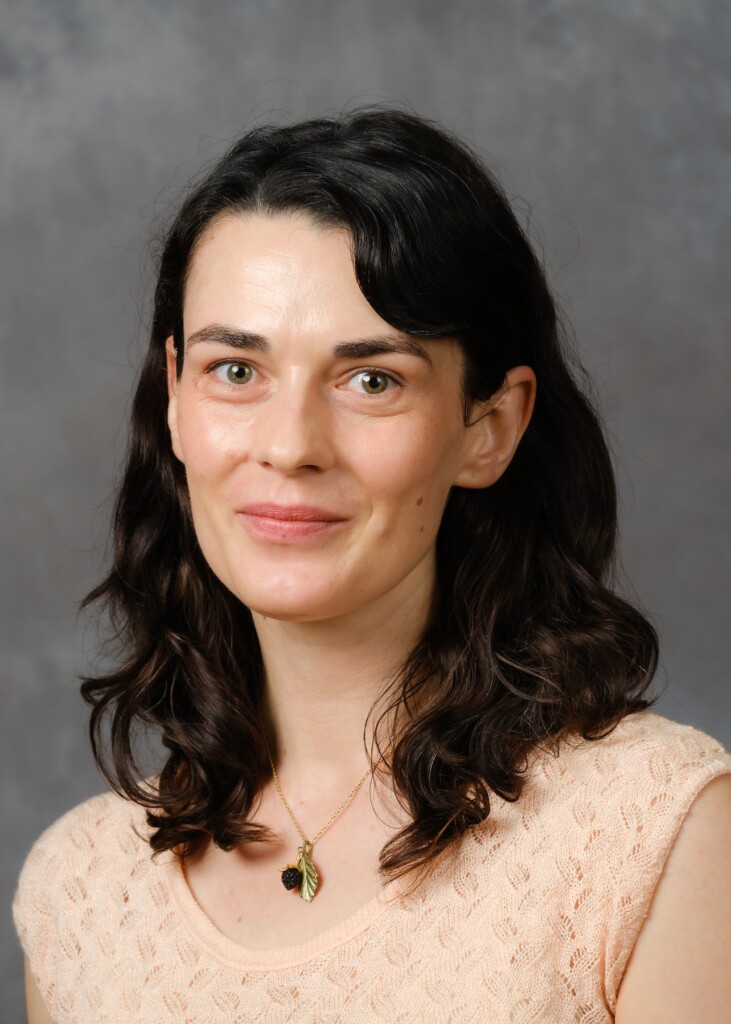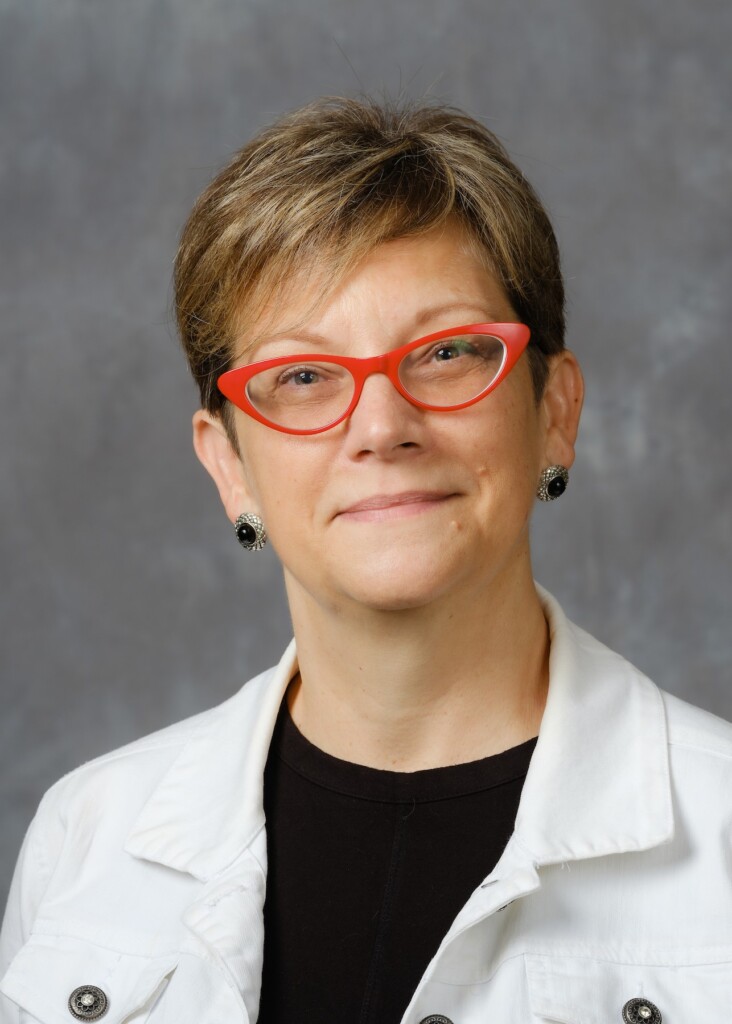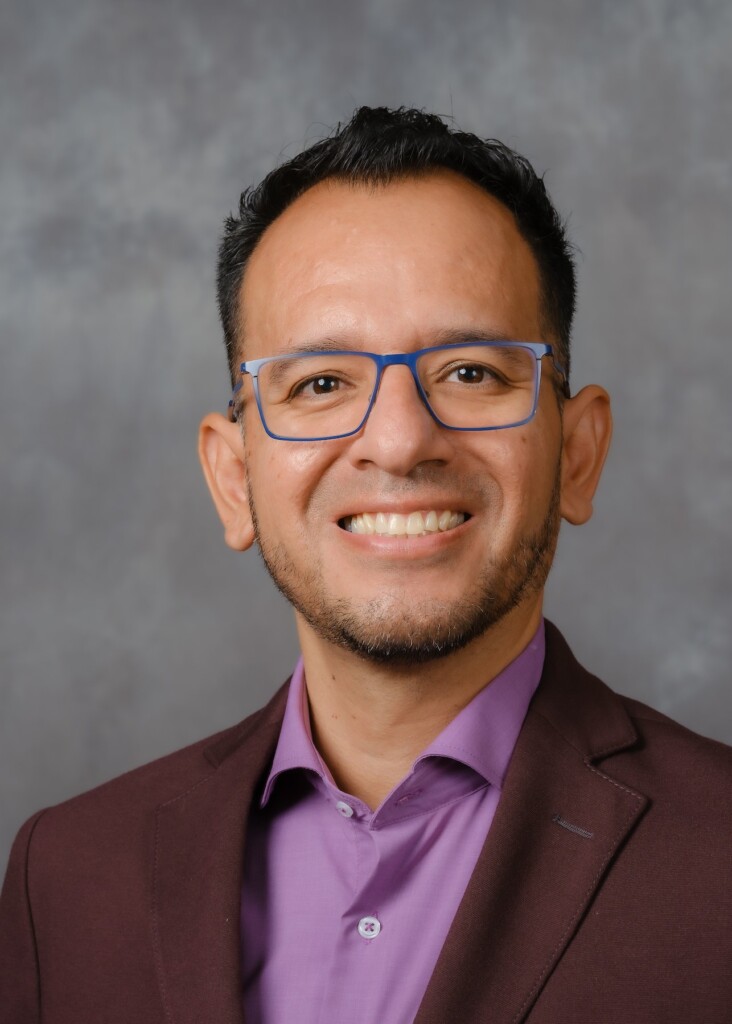Welcome, Fall 2022 New Faculty!

Eric Bontempo, Visiting Assistant Professor, Literature
Eric Bontempo is a PhD Candidate at The University of North Carolina at Chapel Hill. His dissertation, Reverent Romanticism: Anthologizing Romantic Poetry in Victorian Devotional Literature, examines how Romantic texts are appropriated and remediated in Victorian devotional poetry anthologies to construct a shared, modern religious identity for lower- and middle-class readers. Eric is involved with UNC’s Jane Austen Summer Program and is co-editing a scholarly edition of Elizabeth Barrett Browning’s juvenile poetry. His work has appeared in the Palgrave Encyclopedia of Victorian Women’s Writing and a forthcoming article will appear in Essays in Romanticism later this year.

Amy Clark, Assistant Professor, Literature
Amy Clark is delighted to be joining Wake Forest following two years with the Michigan Society of Fellows, after completing her PhD at UC Berkeley in 2020. Her research focuses on identity and community in a wide range of Old English and medieval Latin texts, from missionary writings to riddles to elegiac poetry—and her favorite Old English word is “biobread,” bee-bread, which means “honeycomb.” In thinking across the medieval period, and across the English Channel, she’s interested in digital humanities, eco-criticism, antiracist pedagogies, diasporic literatures, and social identity formation. This July, she published an article on pronouns and power dynamics in Old English poetry in the Journal of Germanic and English Philology in July; a second article, on West Saxon charter landscape descriptions, will be published with Early Medieval Europe in 2023.
Daniel Darvay, Visiting Assistant Professor, Literature
Daniel Darvay joined the English Department at Wake Forest in fall 2022 as a Visiting Assistant Professor. He received his MA in Irish Studies from Babes-Bolyai University (Romania) and his PhD in Literary and Cultural Studies from the University of Oklahoma, where he focused on the interdisciplinary study of late nineteenth- and early twentieth-century British and American literature and culture.
He is the author of Haunting Modernity and the Gothic Presence in British Modernist Literature, and has published articles in journals such as Modern Fiction Studies, Genre: Forms of Discourse and Culture, Studies in the Novel, and Hungarian Journal of English and American Studies. His current research focuses on intersections of literature, digital rhetoric, and global cultural studies. He loves teaching literature, literary and cultural theory, and writing. In the classroom he emphasizes the importance of student participation and the collaborative invention of ideas.
Daniel grew up in Transylvania, a historical region enclosed by the Carpathian Mountains in the central part of Romania, which has also been made famous by Bram Stoker’s Dracula. When he is not teaching, preparing for class, or doing research, he loves watching movies, listening to music, swimming, and running, and last but not least learning to play the piano from his daughter, who is always miles ahead of him.

Cindy Damm McPeters, Visiting Assistant Professor, Writing
Cindy Damm McPeters is completing her PhD at UNCG with a dissertation examining the construction of professional ethē in the scrapbooks of women veterans of World War II. She holds an MA in Liberal Studies from UNCG and an MA in English from Appalachian State. Having worked in journalism, marketing, and non-profit administration, she has approximately 18 years of experience teaching in North Carolina schools. Her research interests focus on women’s historical rhetoric, but she also enjoys cross-stitching while watching classic Hollywood films.

Juan Moisés García Rentería, Assistant Professor, Writing
Juan Moisés García Rentería, “Moy,” is a first-generation de-Indianized Mestizo scholar from Oblatos, an urban suburb of the Central-Western region of México. His research and teaching highlight decolonial sentipensar (feeling-thinking) from the global South and Indigenous Latin American rhetorical theory. He has presented and published his work in México, the US, and international venues like UNESCO’s non-governmental partner, the Consejo Latinoamericano de Ciencias Sociales, and the most prestigious cultural institution in Cuba, Casa de las Américas. Moy is currently working on a book project where he looks at the decolonial creative power of ancient/contemporary Maya rhetorics, and particularly at the ways in which it can help us to (re)create socially and culturally sustainable models of writing instruction and civic engagement. While working towards his PhD in Rhetoric and Composition at the University of Texas at El Paso, Moy “met the gaze” of grassroots movements and wondered at their drive to recomposing the fabric of commun(al)itarian ways of being in the world. He now envisions his work as making a modest contribution to this same cause through mapping and charting the realm of imagined territories of dignified coexistence.
Clara Wild, Visiting Assistant Professor, Literature
Clara Wild is finishing up her PhD in Medieval Studies this year at Yale University, where she also completed an MA and MPhil, also in Medieval Studies. She specializes in late medieval religious writing. Previously, she has taught courses in composition and literature at Georgia Southern University and Southern Connecticut State University.
Categories: Faculty News
